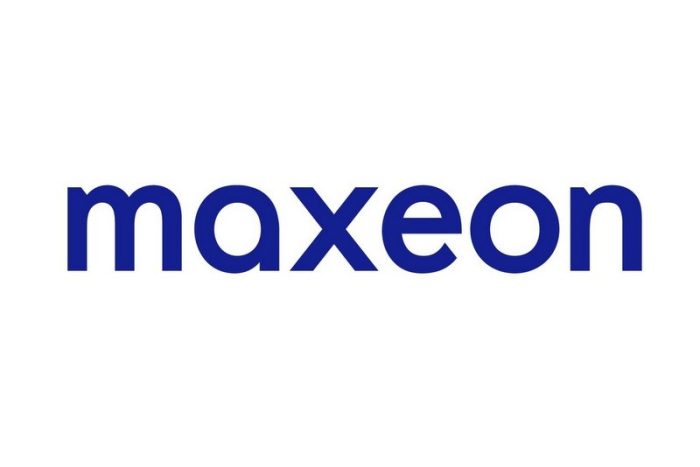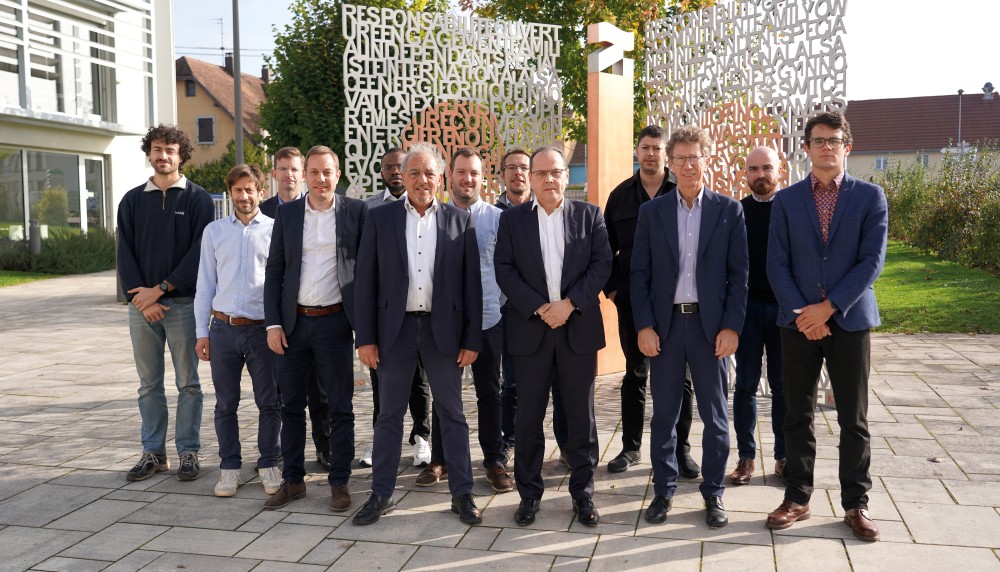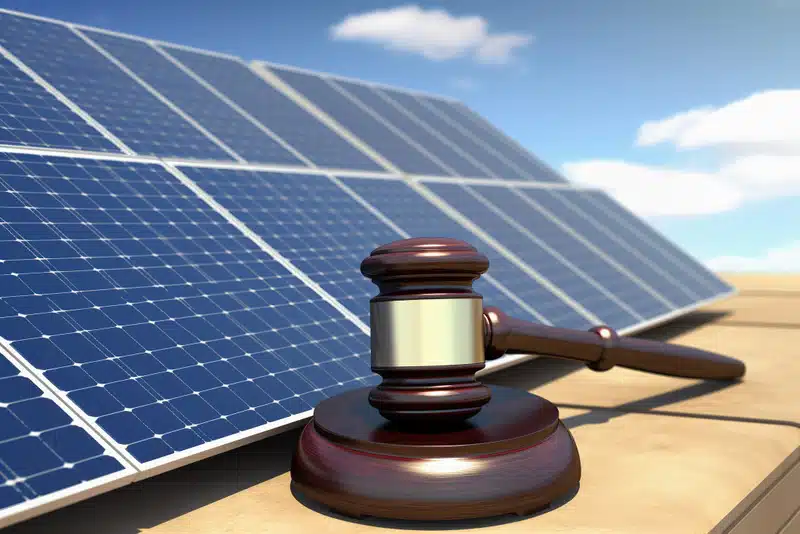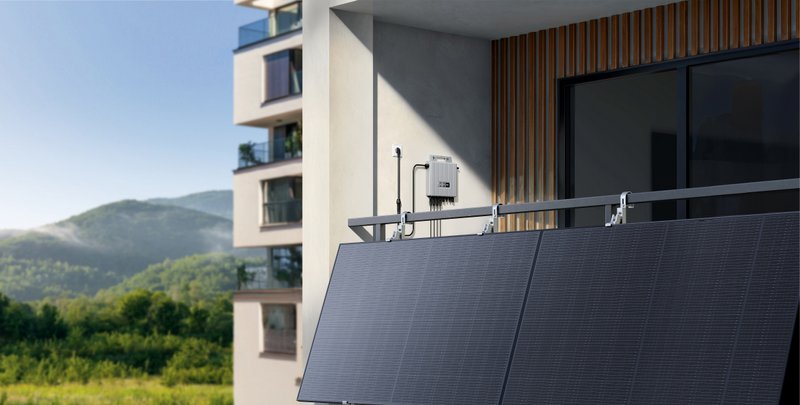Maxeon to contest U.S. Customs’ decision to continue to detain its modules

Maxeon Solar Technologies provided a wide-ranging update on its solar panel business in the United States, from its supply chain reorganization to its ongoing confusion as to why U.S. Customs & Border Protection (CBP) has detained certain shipments of of Maxeon 3, Maxeon 6, and Performance 6 solar panels.
Maxeon update on CBP product review
In late March, CBP informed Maxeon that it denied the company’s protests on the detained shipments of Maxeon 3, Maxeon 6, and Performance 6 solar panels that started under the Biden Administration in July 2024, resulting in their continued exclusion. Maxeon believes it has proven its supply chain is free of polysilicon from the region in question and that they have demonstrated full compliance with the Uyghur Forced Labor Prevention Act (UFLPA).
Maxeon is now considering exercising its right to contest CBP’s decision at the U.S. Court of International Trade to demonstrate that Maxeon’s legacy supply chains are fully UFLPA-compliant. From Maxeon’s press release:
Maxeon has been advised that CBP’s methods and procedures in connection with the Company’s protests are highly unusual. As disclosed in the Company’s November 14, 2024 press release, the Maxeon 3 and Maxeon 6 protests were referred to CBP’s Office of Rulings and Regulations (“OR&R”) under an Application for Further Review.
Subsequently, the Company’s Performance 6 protest was also referred to CBP’s OR&R. Several months after the OR&R engaged with Maxeon on the substance of these protests, OR&R declined to issue a public ruling, instead stating that the protests did not meet the criteria for further review and returned the cases to the Electronics Center of Excellence & Expertise (“CEE”).
The CEE then denied the protests.
The CBP’s decision implies that future imports of the same products with identical supply chain traceability documentation would likely be denied entry, but CBP’s decision does not prevent Maxeon “from making future imports of the same or different solar products with modified supply chain traceability documentation, as each shipment is evaluated independently.”
Maxeon also notes that, given new tariffs and trade barriers applicable to Maxeon’s legacy cell and module manufacturing facilities, the company is establishing alternative manufacturing and supply chains. These alternative manufacturing facilities and supply chains are not impacted by the CBP decision.
“Maxeon continues to transform its business to compete more effectively in a challenging solar market, and delivering top-tier solar panels and renewable energy solutions to our customers for the long-term remains our highest priority,” said George Guo, Maxeon CEO. “While the Company still faces near-term headwinds, we are making progress in strengthening our supply chain versatility and resilience, streamlining operations, increasing efficiency, and reducing cost. We are confident in the future of solar energy and in Maxeon’s ability to best meet the needs of our growing U.S. partner and IPP network.”
Maxeon in U.S. solar market
Maxeon has successfully concluded the previously announced transactions to strategically restructure its business portfolio and geographic market focus to concentrate exclusively on the U.S. market. As previously disclosed, Maxeon has sold certain non-U.S. assets, with proceeds to Maxeon’s balance sheet of approximately $94 million. These restructuring transactions have positioned Maxeon for the future, ensuring a clear focus on U.S. residential, commercial, and utility power plant markets.
Update on Planned Domestic Manufacturing Facilities
As previously disclosed, Maxeon is continuing the development of its Albuquerque-based manufacturing facility. This includes the March 28, 2025 execution of an Amendment to Maxeon’s leased facility in New Mexico that set out revised timelines for certain owner-completed construction activities, some of which are now underway. Maxeon has also completed early design and layout activities for its initial phase manufacturing. The Albuquerque facility is intended to incorporate next-generation technology developed by Maxeon’s Silicon Valley-based R&D team.





Comments are closed here.